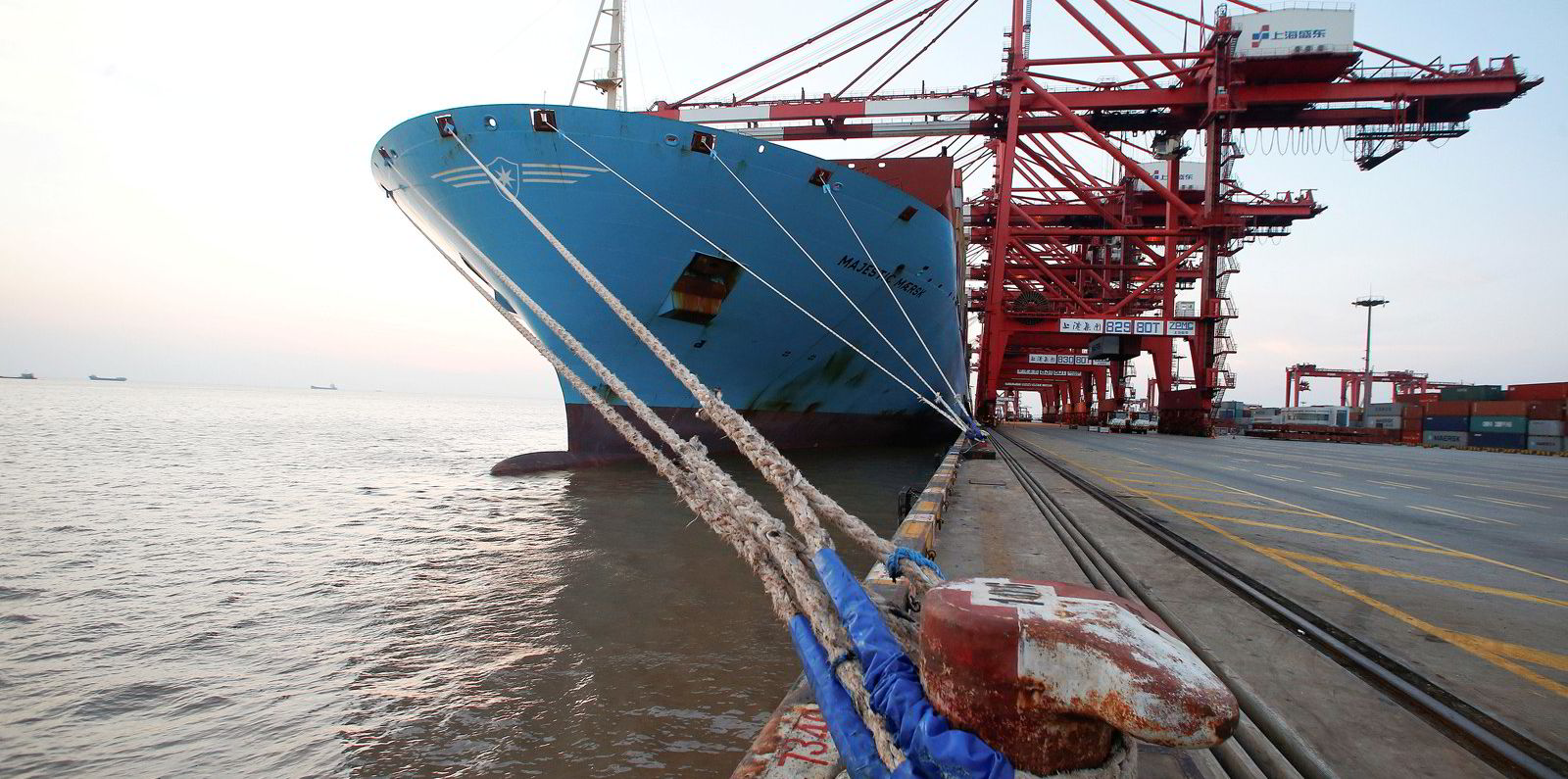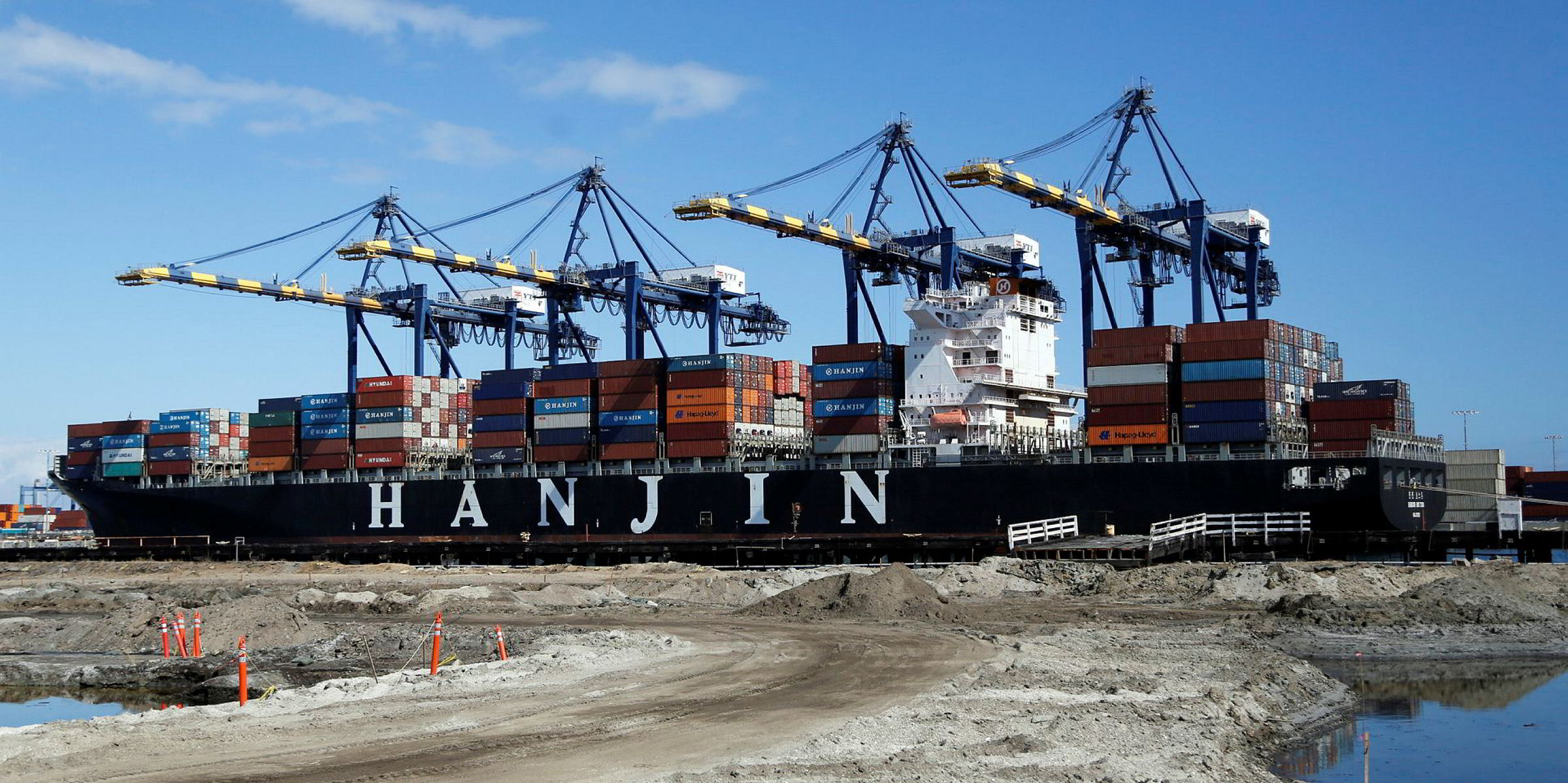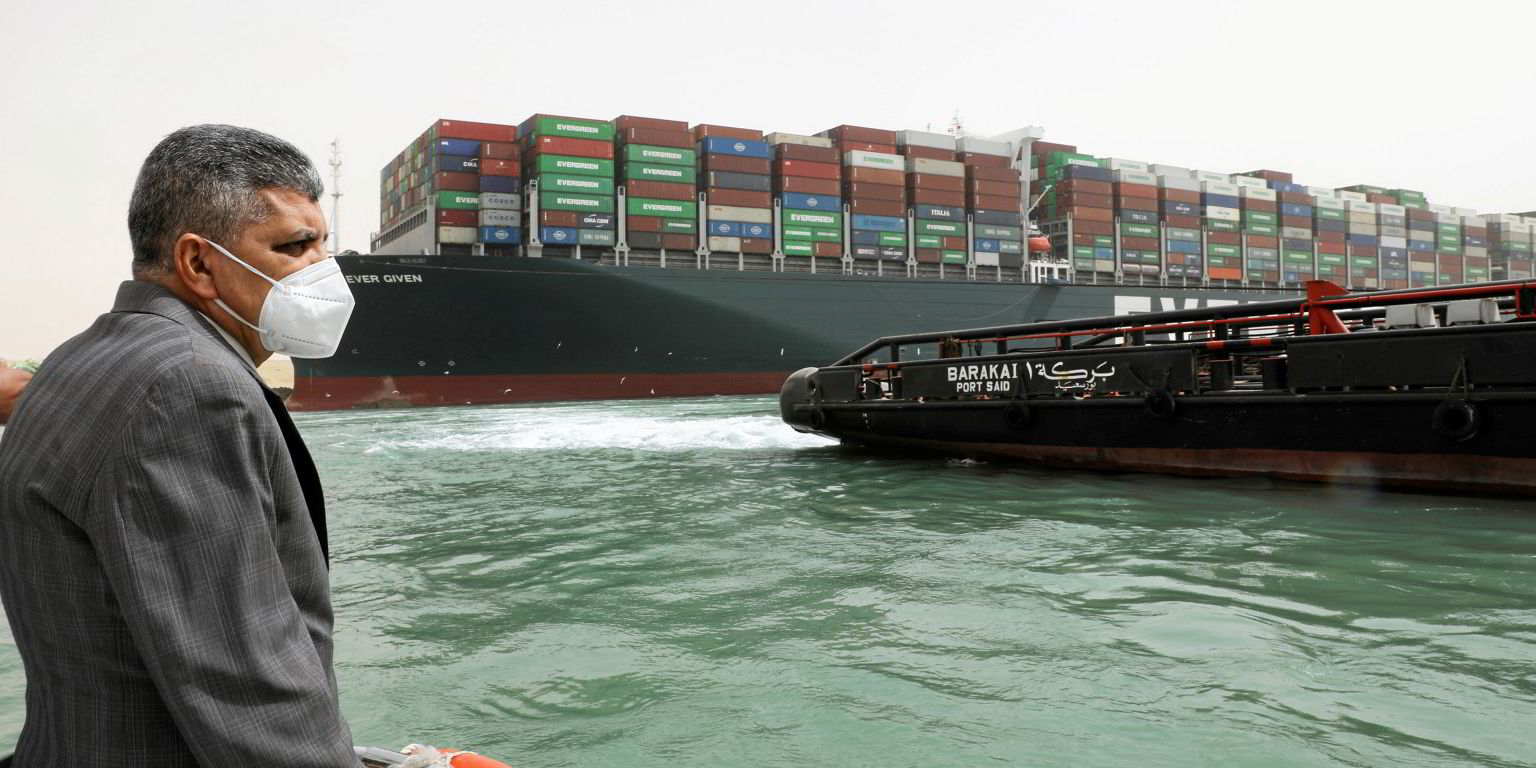The US has had little to say about international shipping in recent years, so it is worth taking note when US President Joe Biden fires a warning shot across the bows of the container business.
Especially given the European Union — which always has a lot to say — issued a near simultaneous warning about soaring boxship rates and uncompetitive behaviour while China expressed earlier concerns.
Biden signed an executive order on 9 July encouraging the Federal Maritime Commission (FMC) to “ensure vigorous enforcement against shippers charging American exporters exorbitant rates”.
He referenced the enormous consolidation in the sector, arguing the top-10 largest operators today hold 85% of a market, compared with 12% just 20 years ago.
We all know the reason for that. The container sector has been through a huge contraction following a spate of overbuilding after a demand collapse in the wake of the 2008 financial crash.
The mounting losses and then eventual bankruptcy of the seventh largest liner operator, Hanjin Shipping, in 2016 caused chaos in the market.
The US retail industry back then was pleading with the FMC to work with a wide group of stakeholders to help bring an end to the disruption.
A wave of mergers and acquisitions in the container sector as the industry sought to reduce over-tonnaging, led to the current situation of domination by three big East/West “alliances”, which share vessel space but compete on rates.
The fact that all 10 of the largest companies come from Asia or Europe means Biden can make an ugly reference to US exporters being at the “mercy” of foreign companies.
Pressure points
The US president centres criticism on detention and demurrage charges rather than freight rates.
The EU says it too is gathering information “to identify any scope for intervention that can facilitate return to normal operations”.
Freight rates and profits, which took off during the height of Covid-19 lockdowns last year, are certainly continuing to soar. Some freight rates on Asia/US east coast routes are now up 200% on 12 months ago.
The fact that all 10 of the largest companies come from Asia or Europe means Biden can make an ugly reference to US exporters being at the 'mercy' of foreign companies
There has been a 5% increase in the US consumer price index that helped trigger domestic concern about potential anti-competitive behaviour in shipping — but also healthcare and internet services.
Following Biden's intervention, the FMC and the Department of Justice's Antitrust Division have agreed to work together to take a look at the liner shipping industry.
But will the FMC crack down on the liner sector? As my colleague Joe Brady reports New York-listed liner shipping stocks dipped 2% last week but there was no sign of major concern from investors.
Randy Giveans, shipping analyst at investment bank Jefferies, played down the likelihood of tangible action — not least because regulators understand many of the problems lie at the door of Covid-related disruption rather than price gouging.
But what of the longer term? An interesting interview with Daniel Maffei, chairman of the FMC, by Bloomberg last month indicated he was sympathetic to the use of alliances by the shipping industry.
“The problem with that [closing down the use of alliances] is that actually makes it [ocean transport] more efficient and probably, if anything, increasing the usable capacity. So that’s challenging to say ‘if we didn't have the alliances then we would have lower prices’.”
Maffei also made clear that the end of alliances would likely just mean more mergers while the FMC would need to prove legally that alliances were destructive. “Right now I don't believe we could go to court and prove that,” he added.
Certainly the shipping companies have been out to bat against the critics. AP Moller-Maersk — The world’s largest operator — said a “perfect storm” of Covid-related issues were preventing ships from berthing and unloading on time.
The World Shipping Council insisted “there is no market concentration problem to fix and only an end to Covid-related operational challenges would end bottlenecks in the supply chain".
Positive image
The problem is that container shipping can easily be seen as doing well out of the misery of others.
Maersk itself predicted at the end April that its underlying profits could hit $11bn this year, up 100% on previous guidance given only two months prior.
And even relatively sober politicians such as Biden may be happy to play politics to appease a domestic audience by putting pressure on the FMC to act decisively.
Container companies must ensure a positive image gained from keeping world trade moving during lockdown does not turn negative amid competition woes.






